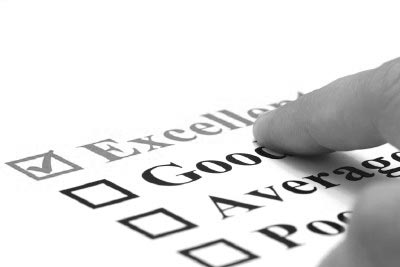 TO REGISTER AS A REVIEWER for the EURAM 2015 Conference
TO REGISTER AS A REVIEWER for the EURAM 2015 Conference
Guidelines for reviewers:
Conference quality to a large extent depends on good quality reviews. The EURAM Reviewer Guidelines are offered to help you to improve the quality of the conference.
Purpose, perspective and tone of the Review:
- The fundamental purpose of the review is to help the authors improve their research. Take a developmental perspective, keep your comments constructive and address the authors respectfully.
Format of the Review:
- Please respect the deadlines and instructions provided by the conference organization and the SIGs
- Structure your evaluation as a list of numbered comments.
- Try to be precise and accurate.
- Please identify some strength of the paper to illustrate (future) potential.
- Please identify some weaknesses of the paper so as to illustrate how the research can be improved and provide valuable inputs on how to cope with them.
- Respect the double blind review nature of the process. Do not provide information that possibly reveals or signals your identity.
- A good review will be about 1 page (single space).
Areas to Cover:
- The EURAM evaluation form covers four issues: (I) Use of and embeddedness in the extant literature; (II) Rigor and consistency of methods or methodology; (III) Quality of results and discussion and (IV) Extent of the overall contribution of the paper in present form. To improve the consistency and coherence of your evaluation, please take these four issues as the areas to cover in your constructive comments to the authors.
The following points are some suggested criteria that might help you structure your evaluations of the submissions assigned to you.
Introduction
- Is there an interesting, clear, and theory-informed research question formulated
- Is the gap in the literature clearly identified?
Theory
- Does the submission contain a solid theory with clear concepts and relationships?
- Is there a coherent line of argument, where, if formulated, hypotheses flow from theory?
- Does the submission appropriately build on, refine or extend the extant literature?
Method (for empirical papers)
- Do the collected data allow testing the hypotheses?
- Is the applied method rigorous and does it allow to answer research questions.
Findings and conclusions
- Are the results clearly reported and interesting?
- Are the results uniquely related to the analysis or can there non-reported alternative explanations
Contribution
- Does the submission contributes to existing research, thought or debate?
- Does the paper have section on the relevance of the findings for theory and practice?





